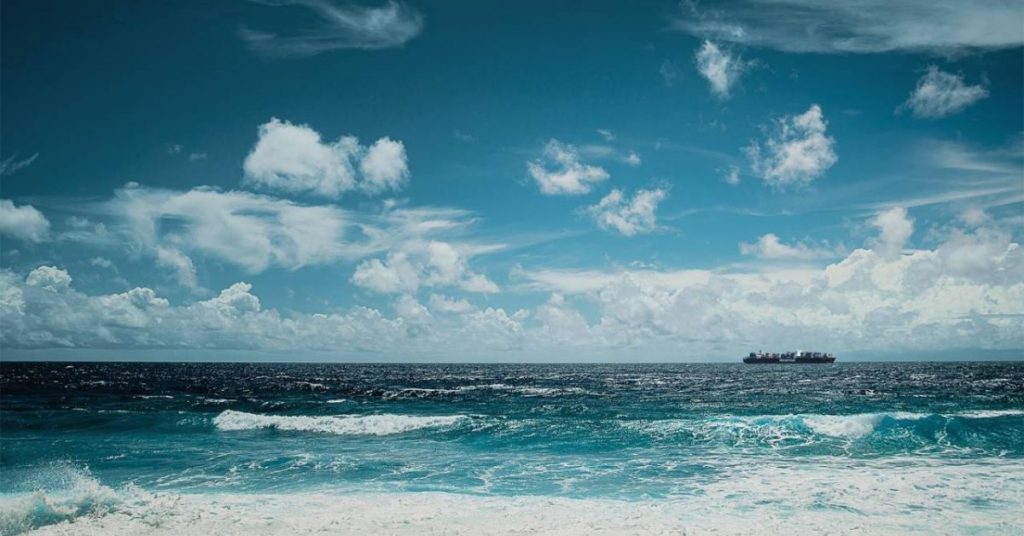Hapag-Lloyd will use green financings for the 24 large container ships it ordered in October 2024. The newbuildings will have a combined capacity of 312,000 TEU and involve a combined investment volume of around $4 billion.
The financing consists of four components. Around $900 million of the purchase price will be financed using the company’s own funds. A total of $500 million will be made available from two banks in the form of bilateral mortgage loans. Another part, in the amount of $1.8 billion, will be financed via three leasing structures, and $1.1 billion will be financed via a syndicated credit facility backed by the China Export & Credit Insurance Corporation (Sinosure). The financing share amounts to a total of around 80 per cent of the investment volume, with maturities ranging between 10 and 18 years.
The financing will be carried out on the basis of Hapag-Lloyd’s Green Financing Framework, which in turn complies with the standards of the Green Loan Principles of the Loan Market Association (LMA). This has been verified by an independent expert opinion of the international classification society DNV, as has the high efficiency of the ships and their compliance with the EU Taxonomy.
Hapag-Lloyd is fully committed to the 1.5-degree target of the Paris Agreement. By 2030, the absolute greenhouse gas emissions of the company’s fleet are to be reduced by around a third compared to 2022 – in what will be another step towards net-zero fleet operation by 2045. The 24 ships will be built in China and equipped with state-of-the-art, low-emission and fuel-efficient high-pressure liquefied gas dual-fuel engines. In addition, these vessels can be operated using biomethane, which can reduce CO2e emissions by up to 95% compared to conventional propulsion systems. The new ships will also be ammonia ready. Delivery will take place between 2027 and 2029.
Tags: Container Ships, Green Financing, Hapag-Lloyd



Recent Posts
FueLNG Completes 400th LNG Ship-to-Ship Bunkering Operation in Singapore
Port of Gothenburg Hosts First Bunkering of Swedish-Produced Biomethane for Maritime Sector
UrbanLink Expands REGENT Seaglider Order, Driving Forward Zero-Emission Coastal Travel in Florida and Puerto Rico
HD Hyundai Executive Vice Chairman Holds Landmark Talks with U.S. Trade Representative on Shipbuilding Cooperation
ZeroNorth and Veracity by DNV launch end-to-end emissions reporting and verification service for the maritime industry
Hapag-Lloyd Expands ‘Hamburg Express’ Class Fleet with Delivery of Genova Express
Bureau Veritas calls for standardized safety regulations to accelerate adoption of electrification technology
ABS Publishes Safety Insights for Ammonia as a Marine Fuel